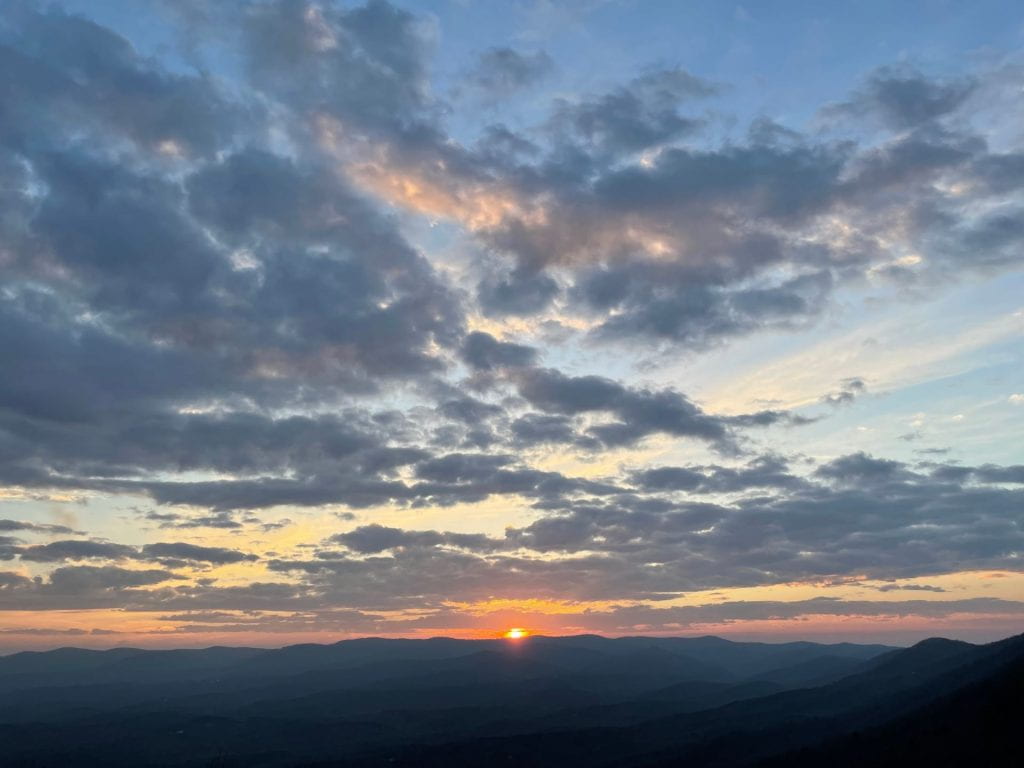The theme for this semester is travel — by May, I will be five continents down, only two more to go!
Welcome back to studying abroad with Ayden. This is my second semester abroad and for this round I am doing another School for International Training Program. It’s an international honors program that studies the politics, economics, anthropology, and environmental impact of global food systems. We have spent the last two weeks traveling around the state of Georgia, and now I am in the airport waiting to board a flight to Quito, Ecuador. In a month we will fly to Lilongwe, Malawi, and then in April to Barcelona, Spain. The way this program is set up, me and my classmates will be spending three months collecting data to ultimately answer a comparative research question about the food systems in the four countries we are visiting. It’ll be intense, but so worth it in the end.
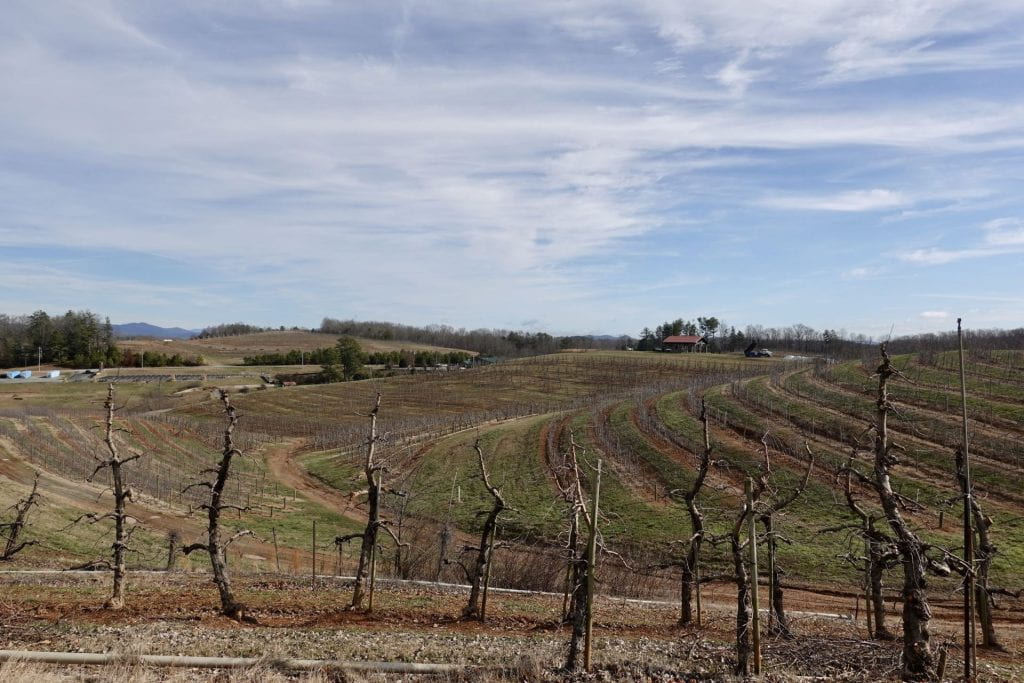
Now that the business stuff is out of the way, let me tell you about my two weeks in Georgia.
We arrived in Atlanta on the first of February and then spent several days in orientation. But not only were we meeting each other, but we were also doing site visits at the Metro Atlanta Urban Farm, run by CNN Hero Bobby Wilson and the Atlanta Urban Food Forest. A very common theme introduced here was the relationship between power and privilege when it comes to not just food, but also travel. There has been a huge emphasis on making sure that us students are aware of our positionality in society and the socio-economic capital that we are bringing with us on our travels. This program is run by anthropologists, so reciprocity is definitely emphasized a lot, but we’ve also talked between us classmates about how it also feels like the trip has taken on a little bit of a humanitarian emphasis instead of a purely science/systems emphasis. How to deal with this has been a very interesting question to ponder the past few weeks.
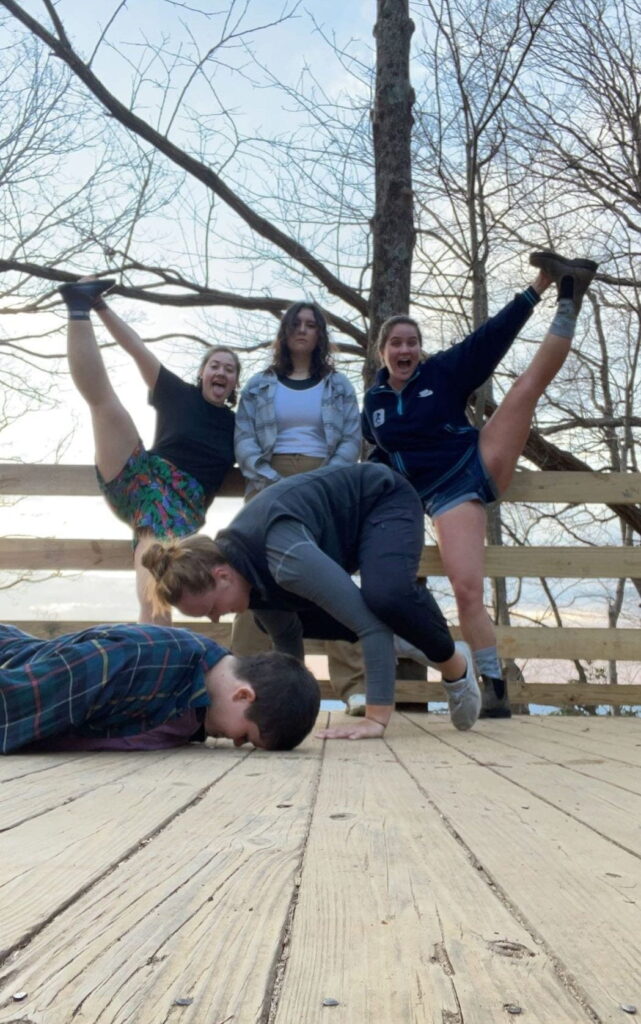
The kids in this program are wonderful. We have all bonded really quickly and there’s almost no topic that we haven’t covered in our conversations — everything from deep ponderings about the meaning of life/death to the all-important question of “will you Lady and the Tramp me?” And when I say nothing is off-limits, I mean it. Travel constipation is real and I think I’ve talked more about poop in the last two weeks than I ever could have imagined. But hey! It’s a great ice breaker and has been very informative 🙂
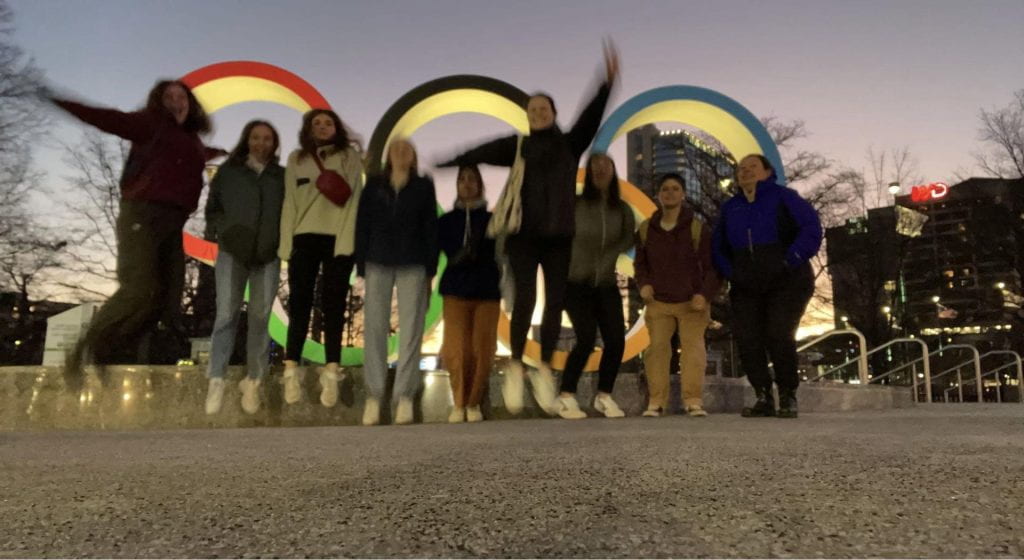
Anyways, after our time in Atlanta, we drove to Athens, home of the University of Georgia. There, we had our first economics and politics classes at the university. It was kinda fun, to be able to pretend to be college students at an actual campus — I will admit I did an interview as a UGA student, just for fun (it was too good!!!). We had a lecture at the Poultry Science Lab, visited UGArden, and learned about the work of extension agents (aka agriculture specialists who help out farmers in the communities). Here, we also tried some traditional southern food. Not going to lie, it’s a lot of oil and really heavy, so not really to my taste, but I can see the appeal.
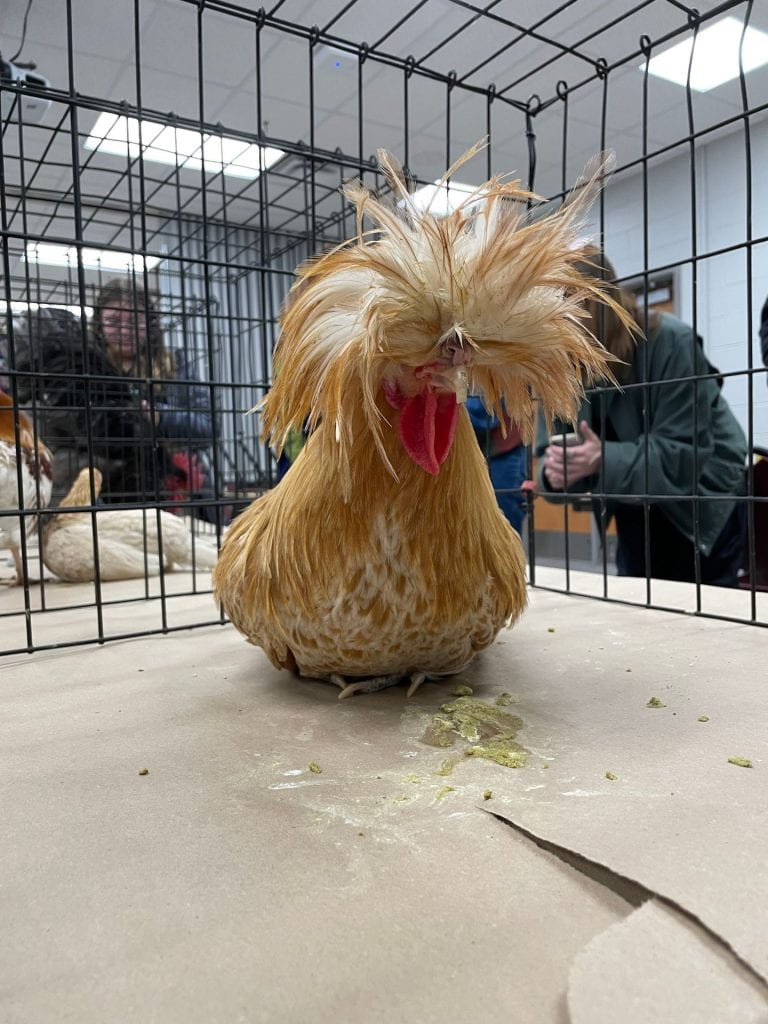
From there, we drove to Blue Ridge, and visited the US Fish and Wildlife fishery. For all you biology majors out there, apparently they are hiring with starting salaries starting between $75,000 – $90,000 a year! It was really cool to see how they maintain the stock populations in the nearby streams.
Perhaps the best part of all these places we visited was getting to see wineries and orchards. A particular standout was Mercier Orchards in Blue Ridge. They have been around for 80 years, growing from a small 25 acre farm to over 300 acres. It was really interesting to talk to the owner about how he has been able to keep the business alive through diversification, and how he gives back to the community through school programs and community involvement
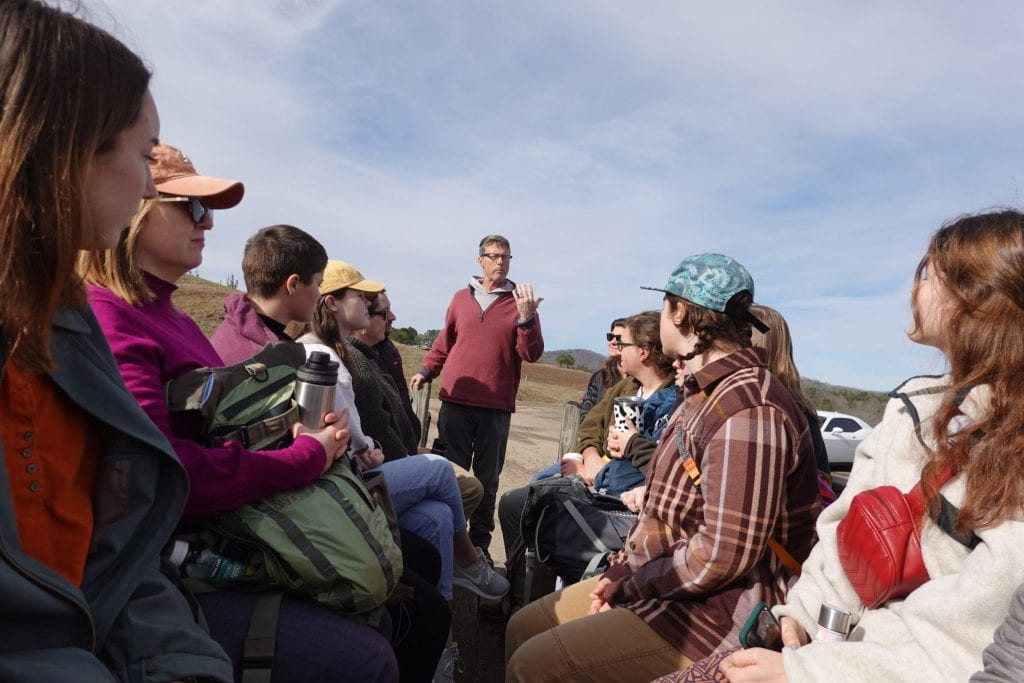
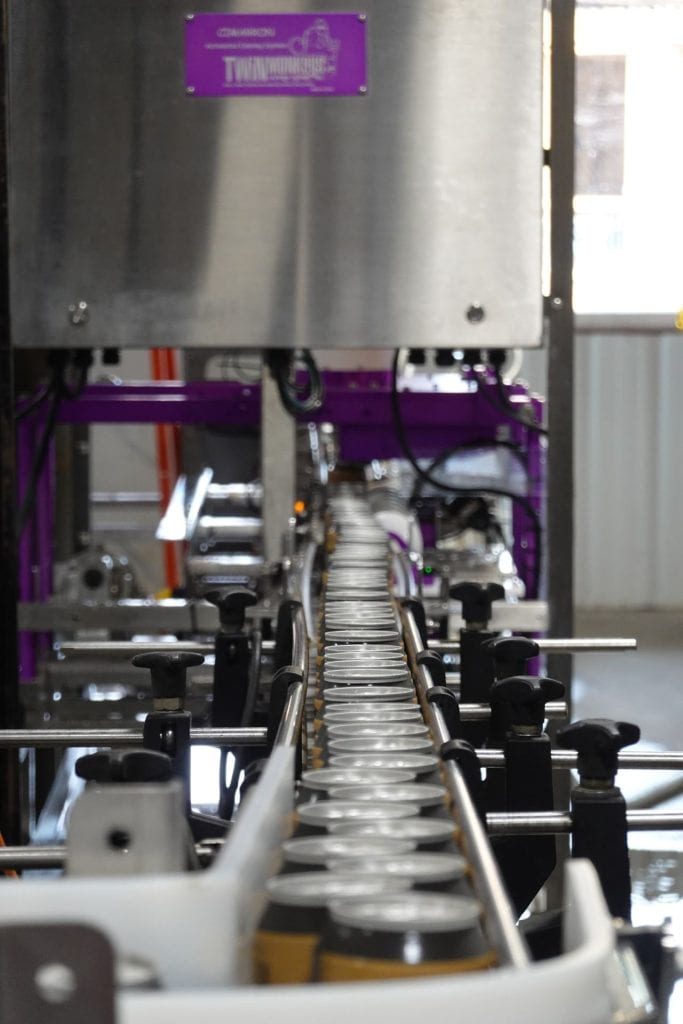
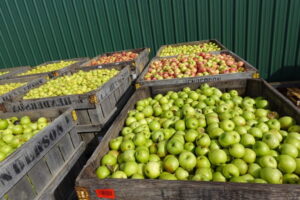
So now that Georgia is over, we head to Ecuador for the first international leg of the program. We will spend 34 days there and learn from local farmers about how their food systems work.
